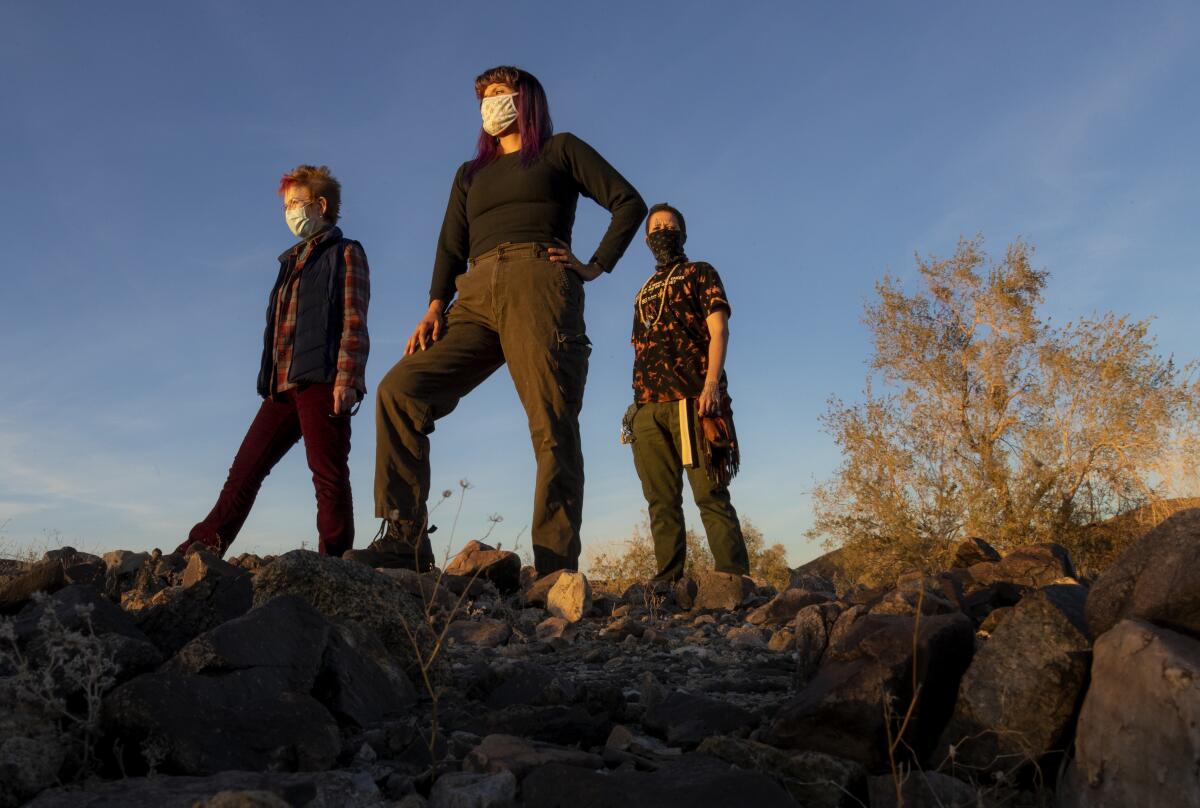Sexual misconduct at the Metropolitan Water District hints at deeper problems

- Share via
What does sexual harassment have to do with our water supply? Far more than you might think.
The Metropolitan Water District of Southern California imports, stores and sells the drinking water used by nearly half of the people in this state. As a consequence, the MWD is at the center of the state’s battle with ongoing drought, the agricultural sector’s demands for irrigation water and the degrading natural environment’s inability to sustain iconic species such as migrating salmon.
On top of those challenges, the organization is in the midst of a rare leadership change, as a search to replace departing General Manager Jeffrey Kightlinger moves closer to a conclusion and as the MWD approaches its second century.
The final ingredient in this stew is the employee abuse meticulously reported and laid out in The Times on Feb. 12. The story by staff writer Adam Elmahrek recounts the mistreatment of women in the MWD’s trades apprenticeship program, which gives workers an entree into careers long dominated by men.
Trainees’ allegations of unwanted touching and noxious comments were compounded by an apparent lack of action — or outright retaliation — by management.
Outside investigations have been demanded by several state lawmakers and by the union that represents water district employees. Los Angeles City Council President Nury Martinez even floated the idea of severing ties with the MWD.
At issue is the water district’s workplace culture, but there’s more to it than that.
If the MWD has been too slow in addressing abuse of women in its ranks, it’s in plentiful and shameful company. The term #MeToo was around a decade before allegations against Harvey Weinstein turned it into a movement that forced attention on sexual misconduct and discrimination in the entertainment industry. Meanwhile, public employers such as the MWD, which by rights should have taken the lead in identifying and correcting toxic and abusive work environments, were instead laggards. Sexual misconduct and discrimination against women — separate but intertwined injustices — continue in city halls, statehouses and Congress.
Where such abuse persists, mistreatment of and disrespect toward LGBTQ people, communities of color and different socioeconomic classes — among employees, constituents, contractors — is generally close at hand.
A similar sort of mistreatment and disrespect is embedded in California’s monumental water system, alongside engineering genius, willpower and arrogance. The original Los Angeles Aqueduct that transported water from the Owens Valley is an engineering marvel built in part on underhanded treatment of water rights owners early in the 20th century, and later disregard for distant neighbors (as well as the environment) in the Mono Lake Basin.
The MWD was created in 1928 to bring water north and west from the Colorado River, and 30 years later it became the leading force behind the State Water Project that brings Northern California water south. Member agencies such as the San Diego Water Authority have long complained of mistreatment by the mighty MWD. Environmentalists and people living and working in the Sacramento-San Joaquin Delta bristle at disrespect exhibited at MWD board meetings and in negotiations over projects such as the proposed tunnel to bring Sacramento River water around, rather than through, the delta on its journey south. The link between that mistreatment and the abuse of female employees was described in an extraordinary post by Restore the Delta Executive Director Barbara Barrigan-Parrilla.
The Times story notes that three MWD directors who demanded an independent investigation of the sexual abuse were removed from the board.
As the organization seeks a new leader and a new direction, it should acknowledge the sexual abuse that has been inappropriately tolerated in its ranks, and that is rooted in the sort of arrogance that was admired in the 20th century but is out of place in the 21st. Southern California’s water future is no longer tied to concrete marvels that can be seen from space. It is tied now to agreements that can be forged among people who negotiate in good faith and mutual respect over storing, transporting and sharing water for the benefit of all. There’s no better place to begin constructing that respect than in the diverse ranks of employees trying valiantly to make careers quenching our collective thirst.
More to Read
A cure for the common opinion
Get thought-provoking perspectives with our weekly newsletter.
You may occasionally receive promotional content from the Los Angeles Times.









